Does anybody else have a hard time accepting help, let alone asking for help? No, just me?! I always knew going into foster care and embracing the model of Foster the City of having support friends was going to be the more challenging aspect. Oh for sure, saying goodbye and walking through that grief were some of the hardest moments of my life, but in the day to day, inviting others in has overwhelmed me.
We just welcomed a new little one into our home, so we’re back in the new placement stage. Baby boy is our third little one in our home, and I don’t know how I would have finished this first month standing without the tangible and emotional support of our community. Coffee, dinners, lunch, breakfast, check in texts, postage stamped cards (I love getting mail that isn’t junk mail!), flowers, baby supplies, gifts for me, gifts for baby, sanity (masked) walks, and arms to cuddle baby (because his favorite place is right in your arms all.day.every.day)!
Just a quick glimpse into our first week: on his day of discharge I fielded 10 calls regarding his case. In the first 2 days home we had two social worker visits, and an extended doctor’s visit – all quickly followed in the next 6 days with a visit, multiple additional calls and emails, a court hearing, and a 90 minute phone meeting.
So those meals delivered meant my brain didn’t have to think of what’s for dinner, nor did we have to clean up from making dinner which, when evenings are hardest for baby, makes life so much easier.
Sanity walks provided me with accountability to actually get out and breathe, and offered adult conversation that wasn’t baby centered.
One friend dropped off fresh baked bread, and it became my daily bread for three days straight. Good bread and good butter will always be a go to comfort food.
Let me tell you something – my deep dark secret (OK, one of many) – this support, it brings me to my knees. Even though I just expounded on how meaningful and impactful this support is, my biggest struggle is in receiving this support. My inclination is to say, “We’re good. We’ve got it. Thanks, though.” On the flip side I love being able to be the giver. I take joy in providing meals, sending cards, and texting. But to receive it… it brings me to my knees; in humility and in praise.
One of the joys for me of working with Foster the City is to be an active speaker for our Interest and Launch Meetings, and the irony is never lost on me as I share about the impact of having support friends on your foster care journey. God and I often discuss the journey we’ve walked together and the absolute sense of irony that exists in so many areas of my life. Here’s the thing – as someone walking the journey of foster care as a foster mama, a support for others, and working behind-the-scenes for an organization championing for these vulnerable children, I can confidently say that tangible emotional and spiritual support really does make a difference. The national statistic says that 60% of foster families don’t continue after their first year or first placement. If it wasn’t for the support we received in our season of saying goodbye and in turn saying hello again, I’m not sure of the depth of my yes. There are many taxing parts of foster care – physical, spiritual, and emotional – and we need a community around us willing and able to show up.
One of our Foster Families recently shared that they prefer referring to their “team” as a “Support Army” because that’s how it has felt.
“We’ve just been overwhelmed by the way they’ve shown up. We could go on and on about the ways (meals, supplies, date nights, child care, prayer). One thing I’ve loved seeing is how they jump into action, they ‘deploy’ the moment we get a placement. When we got our first placement a few years ago; there were diapers at our door, clothes, formula, a stroller and this was all within a few hours. The intensity of that commitment was such a comfort, a simple reminder that ‘ok, they really are in this with you.’
We’ve seen it in the way our team prays, we’ve gone through some pretty harrowing experiences, and just getting that text from our team lead, saying, ‘OK, here’s what we need to be praying about.’ It’s been the reinforcements we need.” – Jeff and Kashelle
You can hear more of their story and the stories of their support friends in their own words HERE.
In addition to the practical support, foster families need to be supported by the practice of prayer. Foster care is a spiritual battle. The thief comes to steal, kill, and destroy but the Son of God brings life, and life in abundance. (John 10:10). The very fact that these children are entering care is a demonstration of that brokenness, and as foster parents entering into that trauma they need the protection of prayer.
By asking and receiving help from our community of support, I’ve experienced a depth of encouragement that has carried me through both the joy and sadness of foster care. I’ve forged deeper friendships, and enjoyed a vast array of meals. Furthermore, the little ones in our home have an army cheering them on in life, covering them in prayer, celebrating their life milestones, and rejoicing together when key moments happen. We’re not meant to do life alone, and I don’t believe we’re meant to foster alone. Not everyone can foster, but we can all do something. Take the help – say yes to that meal drop off, welcome an extra set of arms to cuddle baby, a fresh batch of energy to hang out with that teen; you might be surprised what it adds to your life.
A Challenge For You
*If you’re a foster parent or a potential foster parent and you don’t have support, especially as a Foster the City family, can I encourage you to ask for that help? It can be humbling, but there can be so much beauty in the ask. I’m linking to our Foster Family Information Form, and if you’ve never completed the form, please do it now. There are 19 different avenues of support you can check, as well as space to write in your own needs.
*If you’ve completed one in the past, and your needs have changed can I encourage you to complete it again.
We had one family recently share how their needs changed during this last year of the pandemic. She shared that being home all day with a preschooler was wearying, and in keeping safety a priority they weren’t using their support friends as babysitters, but the little girl needed a break from home. So, she reached out to one support friend who had guinea pigs. They created a time for the little girl to play on the front lawn surrounded by the guinea pigs, and those playdates made a tangible difference in the life of that family.
Another Foster Parent shared that initially she had thought asking for someone to walk the dog didn’t qualify as a need, and loved the idea of receiving meals. It turns out that the children in her care were incredibly picky eaters and the meals were going to waste, but that the dog was packing on the pounds! Needs arise as life happens, and every family’s needs look different. You never know what little things may add up, but getting support in those areas make a tremendous difference.
Questions to ask yourself
- What lightens the load?
- For some babysitting just isn’t an option, but there are innumerable ways to be supported.
- What are ways that make you feel loved?
- Think about the 5 Love Languages (Gifts, Touch, Words of Affirmation, Quality Time, Acts of Service).
- Who is my Support Friend Team Lead?
- Rather than communicate with multiple people on an already loaded communication schedule, the support friend team lead serves to be the bridge between you and your support friend team.
- Who already exists in my circle of friends that I could invite in to be a support friend?
Tips
- Figure out what works for you, your family, and support friend team in terms of sharing information.
- A shared Google calendar is one way to see at a glance what’s happening-meal drop offs, important dates (I like to share court hearings, visits, birthdays).
- Know your own boundaries.
- One family likes to cocoon for the first few weeks so they limit outside interactions.
- As your needs change, don’t be afraid to voice those changing needs.



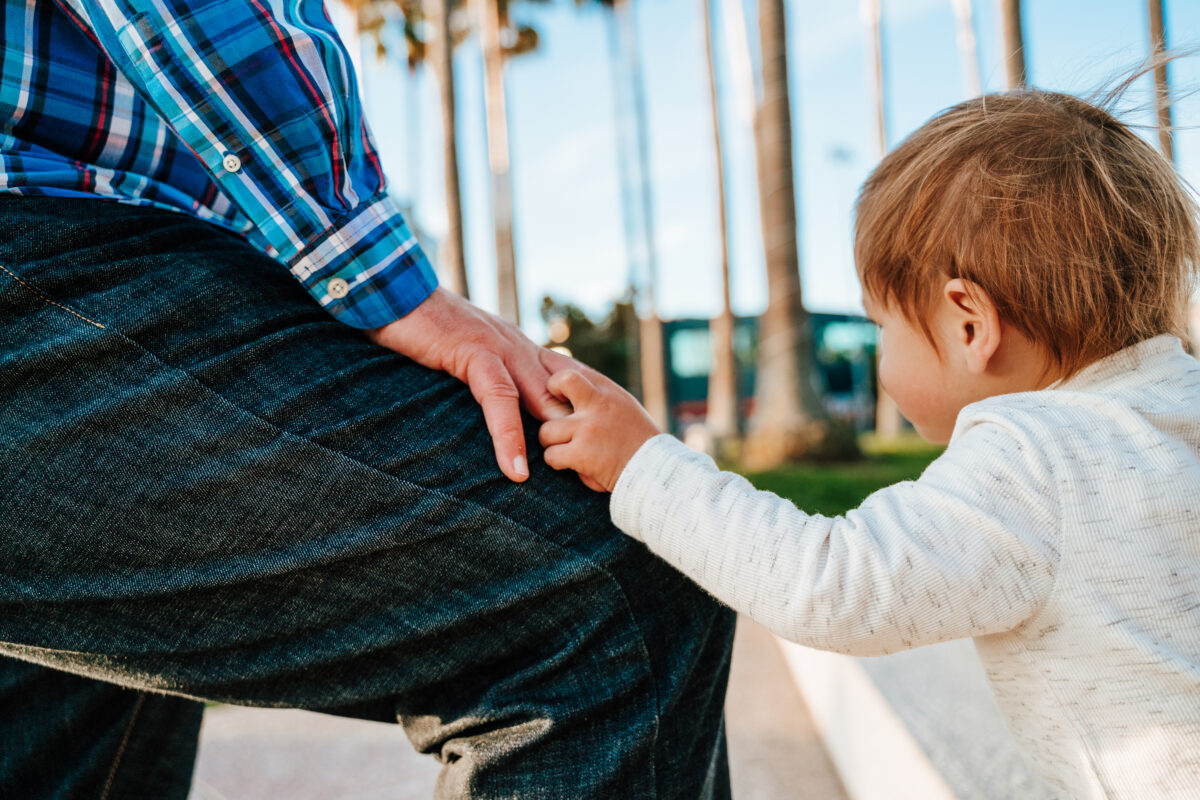
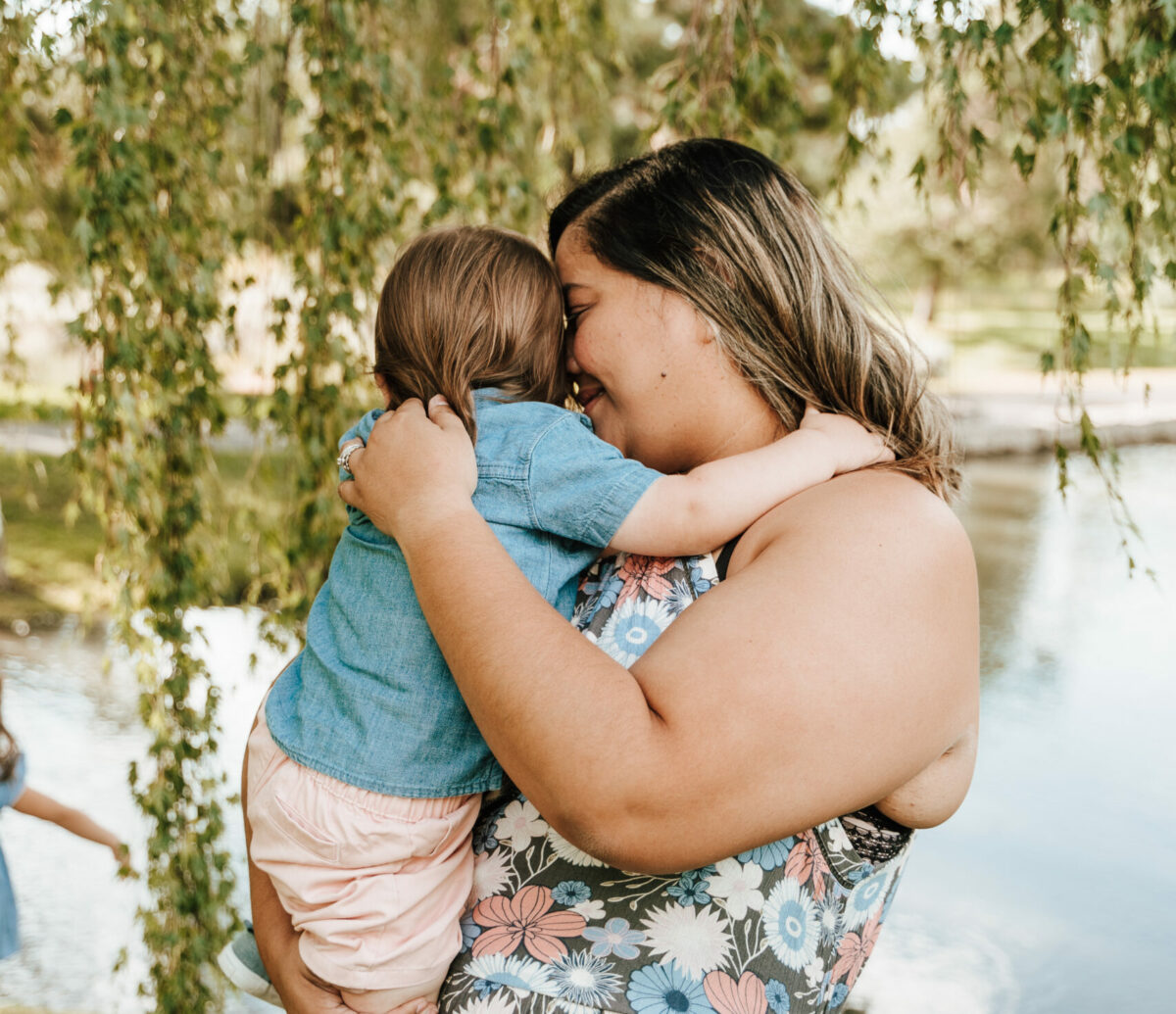
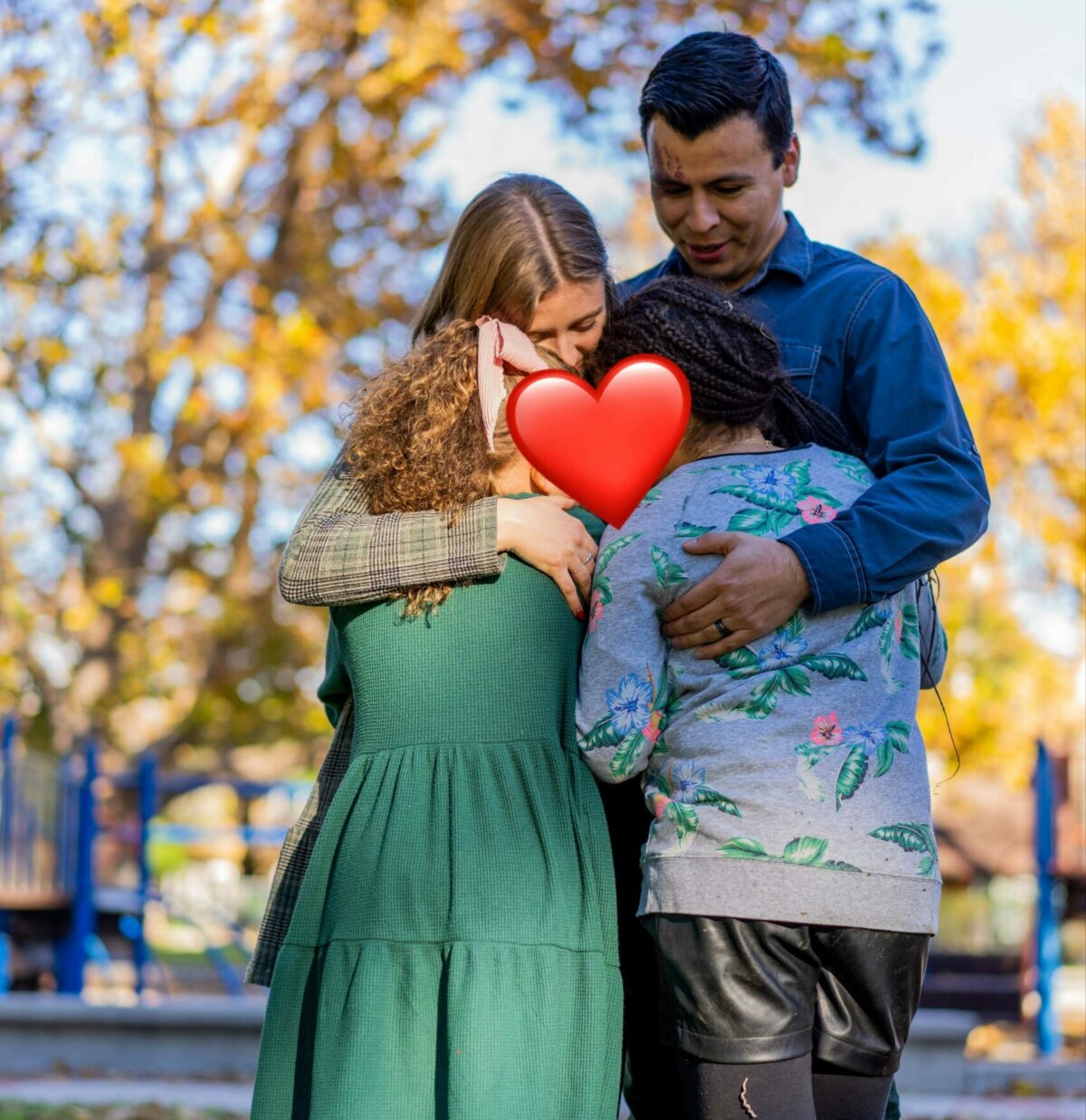
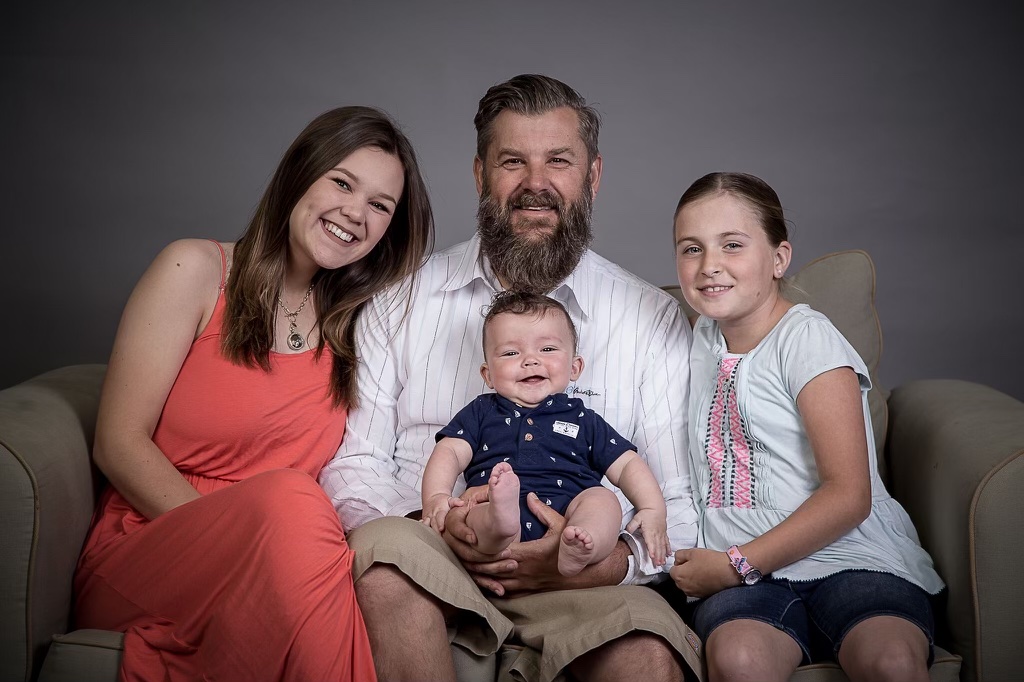

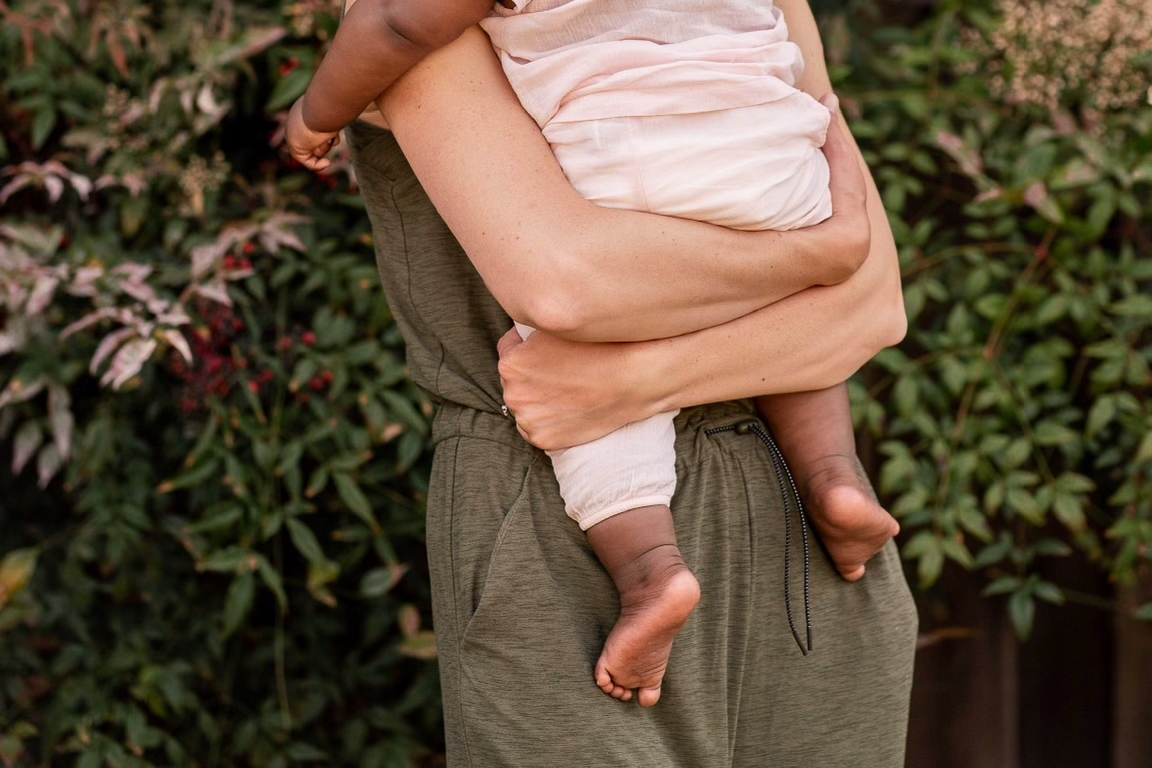
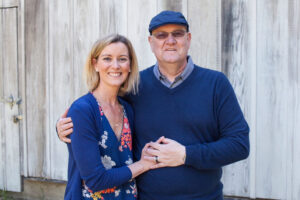 6 years ago my Dad died from a short but aggressive battle with cancer, he was 62 years old. He was an amazing Daddy, and I love him dearly.
6 years ago my Dad died from a short but aggressive battle with cancer, he was 62 years old. He was an amazing Daddy, and I love him dearly. 


